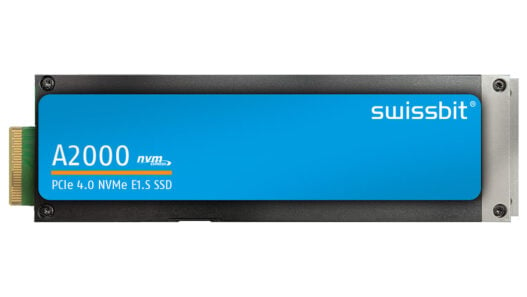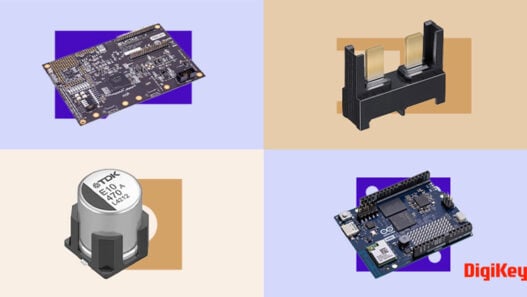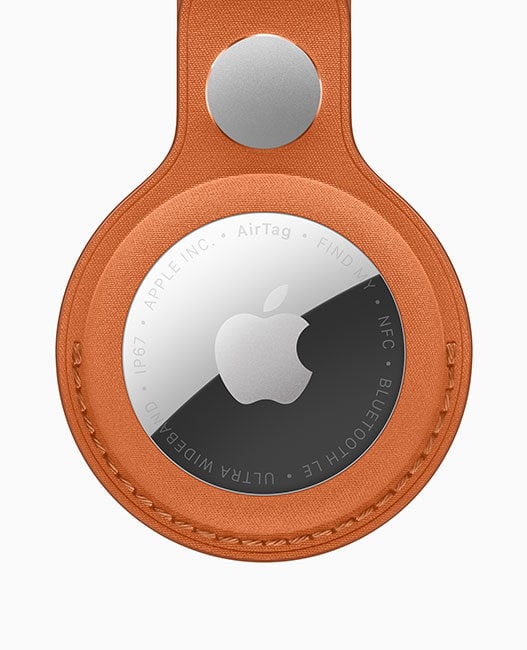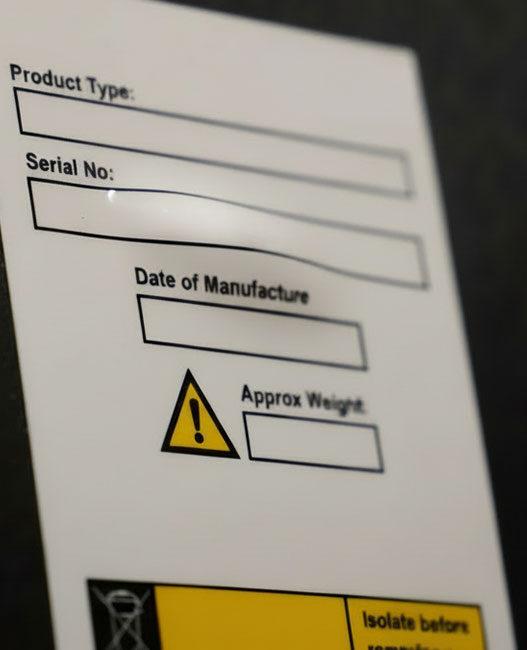TI’s PIQUA system of IP quality management elements enables service providers and carriers to deliver an advanced level of quality to consumer and business subscribers migrating to Internet and IP-based services. With TI’s PIQUA elements embedded in equipment at both the customer premise and the network, consumers using IP-based services – such as Voice over IP (VoIP), Video over IP, IPTV and Internet-based music – will realize exceptional quality and performance with their IP applications. For more information on TI’s PIQUA technology, please visit www.ti.com/piqua.
TI’s PIQUA technology is a standards-based system for IP quality management, using RTCP-XR and TI-developed extensions to measure VoIP performance, with plans to incorporate RTCP-HR and RTCP-Video for future IP applications. These standards allow the delivery of quality metrics to a network management and quality assurance system. The PIQUA system extends the parameters available in these reports with custom features such as its Echo Quality Index, providing enhanced statistics and diagnostic capabilities. Together these features allow for the real-time response to service degradation while providing the carrier or service provider with extensive metrics that accurately convey the user experience.
“TI’s commitment to IP quality speaks volumes about the company’s belief in not only offering high performance hardware, but also ensuring that its customers have the most complete VoIP solution,” said William Stofega, research manager with IDC’s VoIP Services Program. “As carriers prepare to deliver next-generation services, like IP Multimedia Subsystems (IMS) and fixed mobile convergence (FMC), they will need greater access to and better views of their networks to support and monitor the wide variety of applications delivered via broadband connections.”
The transition to an all-IP network enables service providers to deliver enhanced features for voice, video and data to their commercial and residential customers. These same service providers are also confronted with additional performance challenges, as their fixed, cellular and broadband networks converge over IP. In order to adequately manage these challenges, it is essential that they focus on quality of service
(QoS) parameters to best manage IP performance and their subscriber’s experience.
The advent of IMS and other advanced services and functionality will make QoS an even higher priority. With TI’s PIQUA technology, service providers can adapt to changing conditions and quickly make adjustments, enabling the discovery, monitoring and repair of their services and networks.
“By embedding TI’s PIQUA elements in the network, service providers can focus on meaningfully identifying potential problems and flagging and repairing degraded service, ensuring they deliver the best IP services and applications that their subscribers expect and demand,” said John Warner, strategic marketing manager for TI’s Communications Infrastructure group. “Ensuring voice quality in an all-IP network is a complex issue, as there are many opportunities for problematic service, including signaling errors, packet loss, echo, delay and dropped calls.
TI’s PIQUA technology combines a variety of indictors that identify each of these issues to offer service providers a more complete view of their network, enabling them to best protect their initial investments, reduce customer turnover and continue to add new subscribers.”
TI’s PIQUA system is based on the company’s digital signal processor
(DSP) technology and embedded software solutions that provide a real-time distributed system of complete quality management elements that monitor and improve the quality of IP-based services, such as voice, data and video. This unique quality management tool collects data from a variety of endpoints, including user devices, IP set-top boxes and residential and media gateways. These endpoints use DSPs to execute software, which encode voice and perform the signal processing required to facilitate the transmission of voice between various networks.
With TI’s PIQUA-embedded elements represented in more endpoints throughout the network and CPE devices, better quality can be delivered with additional information available for monitoring and analysis.
Endpoints with TI’s PIQUA elements also provide a valuable resource for managing today’s complex IP networks.
The flexible PIQUA system enables TI’s customers to use their own algorithms and management features to determine which parameters are most important for their network quality management. This ensures that manufacturers can implement their own quality features to better differentiate their products from competitive offerings while making their solutions ready for quick deployment in advanced IP networks as more operators began demanding better quality metrics. Additionally, service providers can determine which parameters they most need analyzed and corrected to best meet their customers’ needs and requirements.















